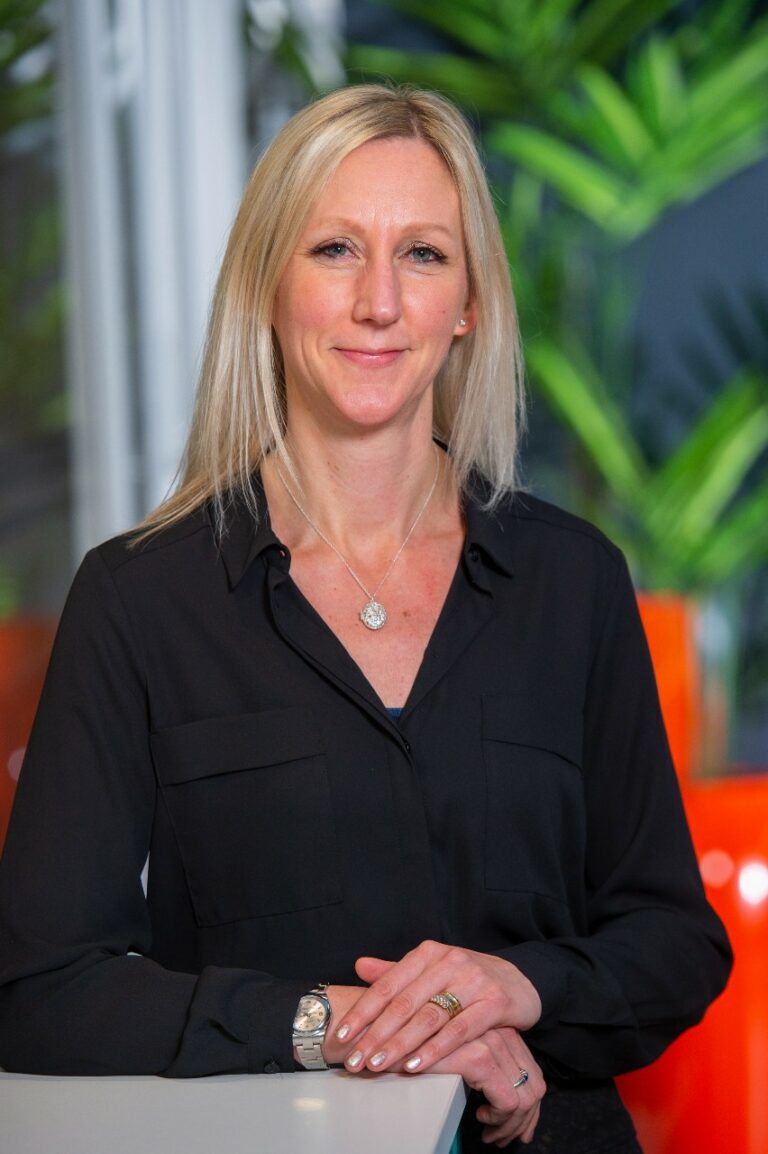

The Future Says live better and longer
Living with long-term conditions
We haven’t cured cancer, dementia or diabetes yet. But our research is improving early diagnosis and improving the experiences of those living with these conditions.
What’s the problem?
Long-term illnesses, such as cancer, dementia and diabetes, affect huge numbers of people:

- The World Health Organization (WHO) reports cancer is a leading cause of global deaths, responsible for the demise of more than 10 million people in 2020.
- The WHO states 55 million people live with dementia and predicts that number will rise to 139 million by 2050.
- Alzheimer’s Research UK reports almost 600 people a day develop this condition in the UK.
- Diabetes UK says one in 15 people have the condition, with more than a million UK citizens not yet diagnosed as having Type 2 diabetes.
The statistics are scary. And with Covid-19 badly impacting those facing many forms of treatment, so is the situation.
What we’re trying to do
Our mission is to improve diagnosis and care for those living with long-term illnesses. We bring together experts from diverse disciplines such as technology, science, engineering and psychology, and we work alongside NHS professionals, and patients and their families, from the young to the very old.
In cancer care, for example, early diagnosis is considered a cornerstone of improving survival, and it’s key to improved patient experience and quality of life.
Areas of our research include:
- Addressing health inequalities and determining un-met supportive care needs.
- Developing interventions to enhance wellbeing of carers.
- Early diagnosis.
- Examining cancer in pregnancy, prison populations and ethnic minority groups.
- Impact of Covid-19 on early diagnosis and cancer care.
- Using artificial intelligence (AI) to enhance care.
- Using digital health solutions.
Who’s involved?

Dr Katriina Whitaker
Katriina leads our Cancer Care group at the University. She specialises in the importance of early diagnosis and investigates why individuals don’t seek medical treatment when displaying cancer symptoms.
She won the Hiroomi Kawano New Investigator Award and, in 2018, she was named Woman of the Year. She was also the recipient of a prestigious Cancer Research UK postdoctoral research fellowship.
“Nearly every person in the UK has been affected by cancer or knows someone who has,” says Katriina. “I’m pleased my work is helping to make a difference.”
- Professor Derk-Jan Dijk of Surrey’s Sleep Research Centre is at the forefront of exploring the link between disturbed sleep and cognitive decline.
- Dr Chrissie Jones leads our diabetes research with the NHS. The goal is to help prevent disordered eating in children and young people with Type 1 Diabetes.
Why we need your help
Long-terms illnesses impact millions of people each year. We need your support to help those dealing with these conditions to live well and have positive experiences of care. As part of The Future Says Surrey campaign, we’re looking to:
- Create a fully funded position as Chair of our Cancer Care group. This key role will boost thinking, attract funding and increase networking opportunities so we can accelerate research progress.
- Expand and accelerate our research into dementia care.
- Increase and further facilitate our research into diabetes mitigation and prevention.
- Raise £300,000 to support a Fellowship scheme as part of our Cancer Care group.
“We’ll create innovative ways of being diagnosed quicker and living well, with and beyond cancer and other long-term illnesses.”